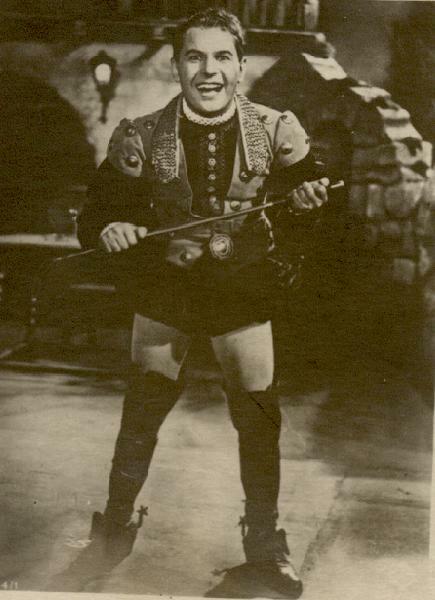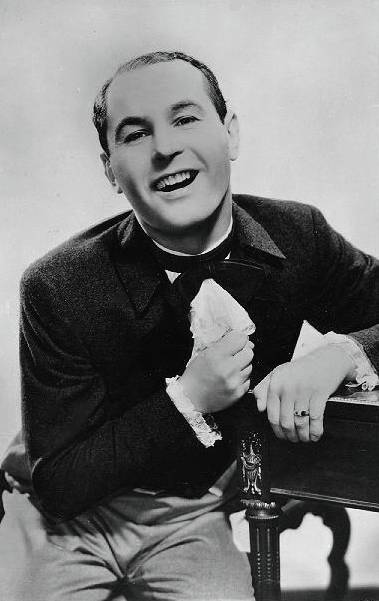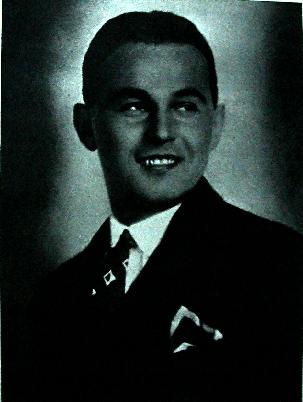Jan Kiepura was born on May 16th, 1902 in Sosnowiec, Poland. Kiepura first studied law, then voice in Warsaw. His teachers were
Wacław Brzeziński and Tadeusz Leliwa. Later, Kiepura studied with Garbin in Milano. After singing in the chorus at the Wielki, Kiepura made his
debut in Lwów/Lviv in 1924 as Faust.
After singing in Warsaw and Poznań, he auditioned for Franz Schalk, director of the Vienna Staatsoper, which led to
his debut at the Staatsoper on September 21st, 1926 in Tosca with Jeritza and Duhan. Kiepura had tremendous success, and Schalk
entrusted him with Calaf for the second premiere of Turandot on October 15th, 1926 with Németh and later with Jeritza. Out of
33 performances of Turandot in Vienna during its first season, Kiepura sang Calaf 11 times. Kiepura remained a guest artist and
never became a member of the Staatsoper. On October 29th, 1927 Kiepura created the main male role in Korngold's Das Wunder der
Heliane, in which Lotte Lehmann was his partner.
After Vienna, Kiepura sang in Milano (Tosca, Manon, Turandot, Le preziose ridicole and so on at La Scala), Paris (Opéra and
Opéra-Comique), Berlin, Buenos Aires, London, Brussels, Budapest, Prague, Havana, São Paulo, Rio de Janeiro and Chicago
(American debut in 1931). In the 1930s, Kiepura turned more and more to movies, which made him very popular. Kiepura appeared in a
total of 19 movies. Kiepura often sang with his wife, the soprano Marta Eggerth, whom he married in 1936.
From 1938 to 1942, Kiepura
sang at the Met, where he made his debut as Rodolfo on February 19th, 1938. At the Met, Kiepura sang also in Carmen, Manon, Tosca,
and Rigoletto. Following that, Kiepura sang at many different American opera houses, appeared in movies, and performed in a
Broadway production of Lehár's Lustige Witwe for three years.
After an absence of almost 20 years, Kiepura returned to Vienna
to appear in Lehár's Zarewitsch. Kiepura died suddenly from a heart attack on August 15th, 1966 in Harrison (NY). His songs
were specially
written for him by composers such as Robert Stolz, Bronisław Kaper/Walter Jurmann and Mischa Spoliansky. His success in
movies created cult-like followings.



